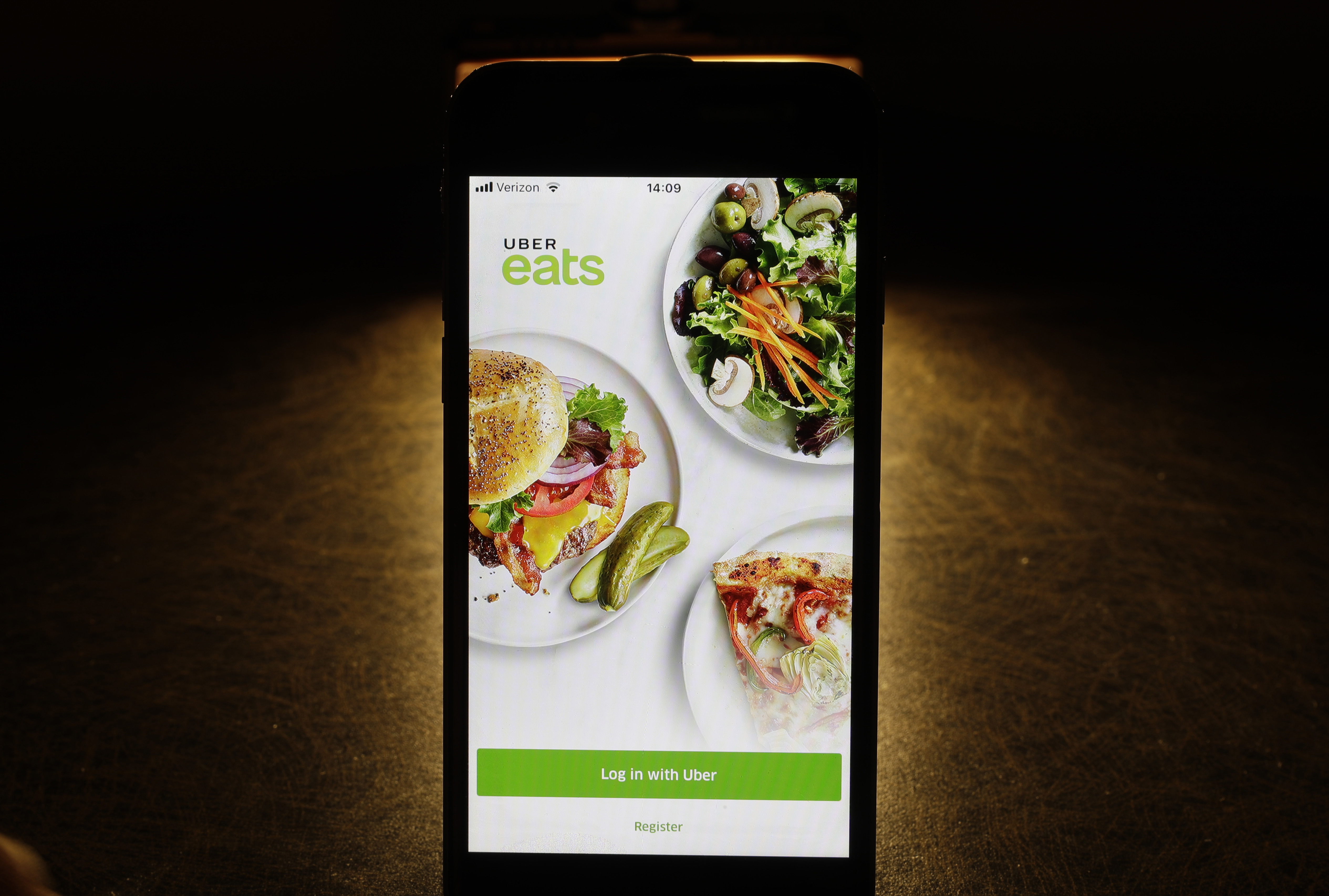A lousy deal, delivered via app
And more of the week's best financial insight

A free daily email with the biggest news stories of the day – and the best features from TheWeek.com
You are now subscribed
Your newsletter sign-up was successful
Here are three of the week's top pieces of financial insight, gathered from around the web:
'Pandemic bonds' fail to provide aid
Despite a worldwide total of more than 3,000 deaths from coronavirus, bonds designed to provide aid in case of pandemic are yet to be triggered, said Mark Baker at Euromoney. So-called pandemic bonds were created by the World Bank after "a slow and ineffective reaction to a bad outbreak of Ebola in 2014." The bonds are held by investors who bet that their high interest payments outweigh the chances of paying out in case of a global epidemic. If a severe epidemic strikes, investors' money is taken to aid the medical response in developing countries, based on a complex formula; for instance, some of the bonds will lose 75 percent of their value "in the event of a global outbreak" with more than 750 deaths. However, the elaborate rules mean that no country is yet eligible for help. The bonds have paid out three times before, all in cases of Ebola.
The Week
Escape your echo chamber. Get the facts behind the news, plus analysis from multiple perspectives.

Sign up for The Week's Free Newsletters
From our morning news briefing to a weekly Good News Newsletter, get the best of The Week delivered directly to your inbox.
From our morning news briefing to a weekly Good News Newsletter, get the best of The Week delivered directly to your inbox.
A lousy deal, delivered via app
Your favorite delivery app might be seriously costing you, said Brian Chen at The New York Times. I tested DoorDash, Postmates, GrubHub, and Uber Eats, using "all four apps to make identical orders from four restaurants," to check the markups. An order of two turkey sandwiches from a nearby Subway would have cost $13.21 (tax included) at the restaurant. But on Uber Eats, the total was $25.25 — a 91 percent markup, including a $3 "miscellaneous" fee. And that's not including the tip. It's not just extra fees that are costly; menu prices on the apps can also be inflated to cover delivery. A family meal at Panda Express cost $39 on site, but "the price was listed at $44.85 on Postmates and $47.10 on Uber Eats, DoorDash, and GrubHub." Uber's service charges were the highest, and least predictable.
The secondhand bag bubble
Prices for Hermès handbags are skyrocketing, said Carol Ryan at The Wall Street Journal, and that's become a problem for the French luxury house. With production of two models, the Birkin and Kelly, kept at just 120,000 per year, boutiques are left "empty-handed more often than not," and e-commerce is filling the void. Hermès, along with watchmakers Rolex and Patek Philippe, "is one of the few brands whose goods are more expensive to buy used than new." That means "a customer who pays $12,000 for a basic Birkin 35 cm calfskin in a boutique today could immediately sell it to a dealer for around $14,000." Dealers then turn to Instagram to sell the same bag for $18,000 to $22,000.
A free daily email with the biggest news stories of the day – and the best features from TheWeek.com
This article was first published in the latest issue of The Week magazine. If you want to read more like it, try the magazine for a month here.